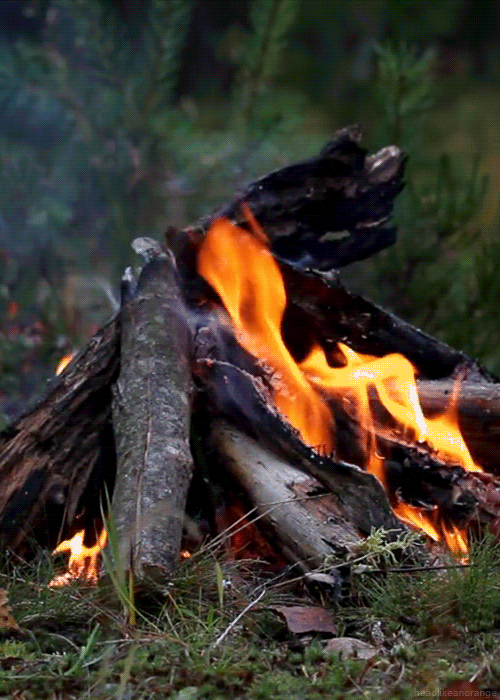I wish I could say something witty about the fact it is snowing once again, but no luck, I'm fresh out. It sure is pretty outside, though. For those of you less inclined to go out and take a winter's eve walk in the newly fallen snow, here is something to read with a nice cup of hot chocolate.
Once again, thanks for taking the time to visit, I really appreciate it.
Treasure of the Sierra Madre, East
Chapter four
Nothing of note happened during the ensuing week, but when Saturday rolled around I started to dwell on the prospect of prospecting. I guess there were worse ways to spend a late summer evening then digging a hole, but I was hard pressed to come up with anything that didn’t involve severe pain and dull dental instruments. About a quarter to four I heard Jack’s Chevy pull into the driveway and the door close. The hour of reckoning was at hand. I met him at the back door and we went into my garage to get my old pickaxe and Jack said,
“Thanks for doing this. Henry might be a crazy old guy, but he’s a good friend and what the hell, this might be fun.”
“Sure, you might be right.”
I laid the tool in the trunk of the car, closed the lid and got in the front seat. Jack started her up and we backed out the driveway and headed the mile or so to Henry’s place. We smoked as we rode, but said nothing. We pulled into his driveway, which was behind his house, facing his barn, which also was his workshop. Henry was, by trade, a carpenter. His father was a carpenter, as was his grandfather and his father as well. His great grandfather survived the Civil War and came back to New Jersey to resettle his life. He built the house that Henry’s grandfather, father and Henry himself was born in and lived in, all his life. It was a modest size house of two stories, and over the years had been adorned with various corbels, moldings and such and it had a quaint Victorian air about it, despite showing it’s age. I guess it’s the old shoemaker’s tale – he spends so much time fixing everyone else’s shoes, he never has time to fix his own. Henry built the house I lived in, as well as Jack’s and a dozen others that made up our sparse neighborhood. They were built on dirt roads carved through an overgrown orchard, that some ancestor of Henry’s worked in Colonial days. He inherited the land when his father passed away and built houses for the families of men returning from the Second World War. He made enough money to put away and live on, doing various odds and ends of the carpentry sort for pin money.
We walked around front and there was Henry, sitting in a rocking chair, slowly wheedling away the time, waiting for his labor force to show up. As he rocked, the chair lightly creaked. He waved a “hello” as we started up the steps, which creaked under our weight. The boards of the porch creaked as we crossed and Henry creaked as he got out of the chair. He led us through the front door, whose hinges creaked and we trailed him through the house over the creaking floorboards and out the back door, which, mysteriously, opened and closed with odd silence. We followed him to the barn in which, just out of sight of the open doors, were piles and piles of newspapers, neatly tied and stacked. There must have been ten years of newspapers in there. They made the place smell like the basement of a library in damp time.
“Here’s where it all happened. I remember setting the thing on a stack of newspapers, just like these here,” Henry related. “Must have just carted it out with them to the pit.”
He grabbed two trowel pointed shovels and a recently sharpened spade and thrust them at us.
“Let’s go. I have a sifter out back and a canvas tarp to throw the dirt on.”
We took up the tools and walked out of the barn, around the side and headed toward our task.
“Thirty six,” said Jack.
“What?” I replied.
“Thirty six. Fifteen strides from the newspapers to the corner of the barn and twenty one to the pit.”
All I could do was laugh to myself.




0 Comments:
Post a Comment
<< Home